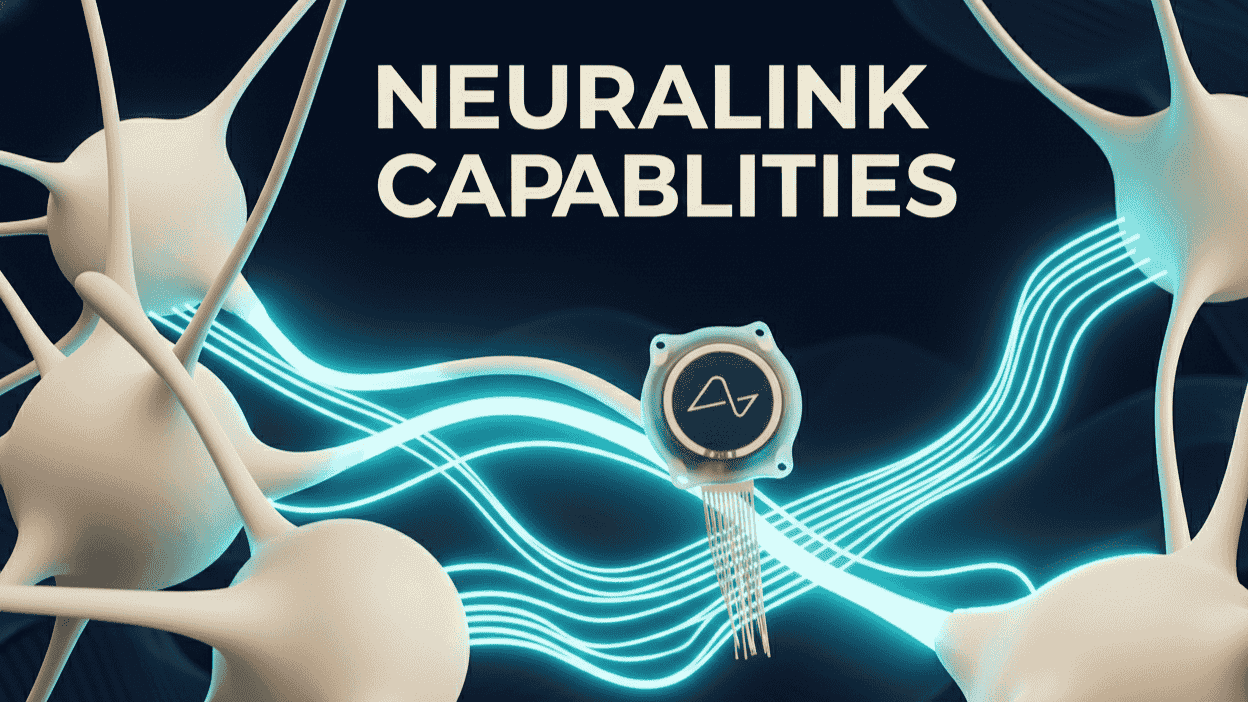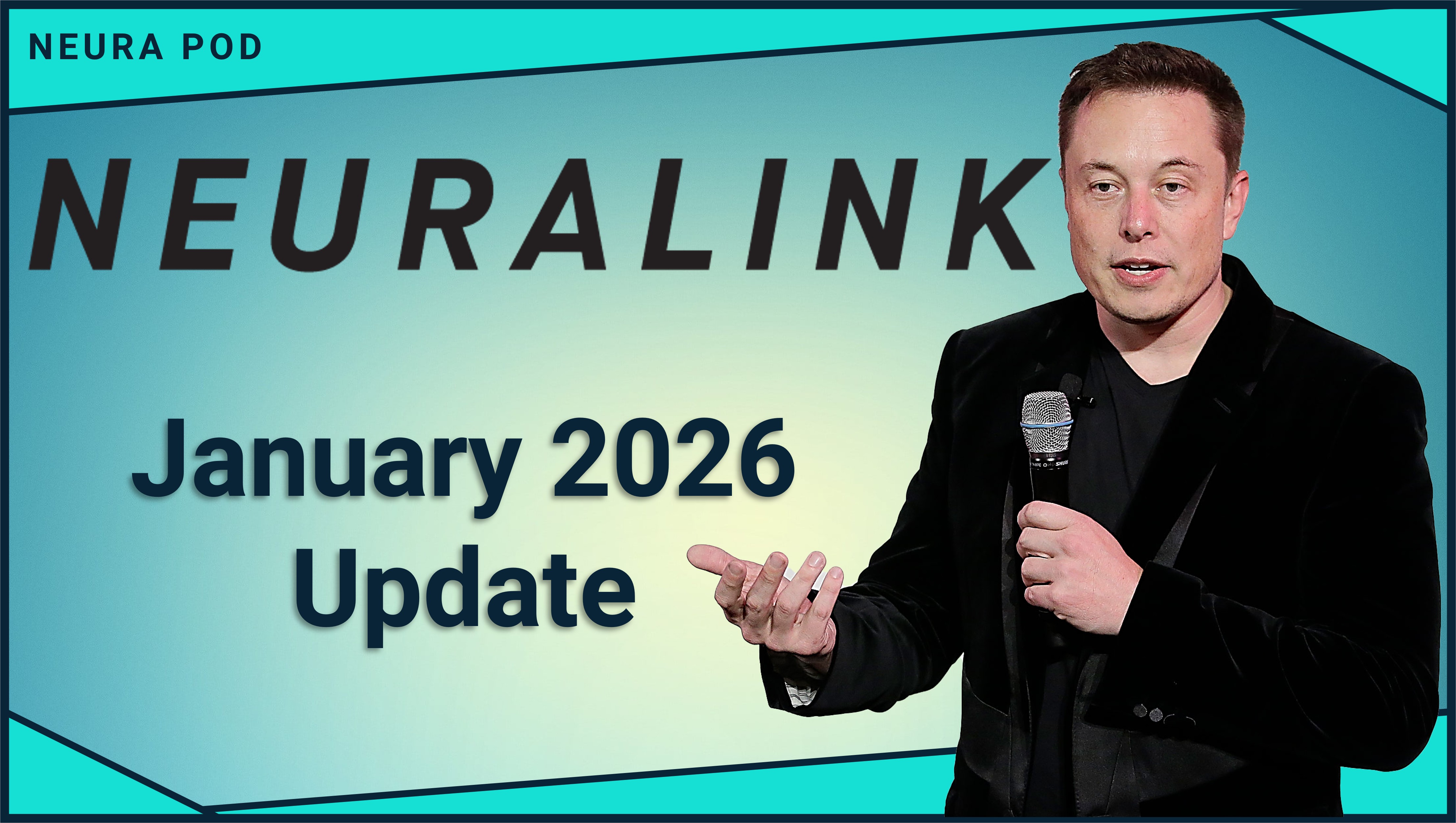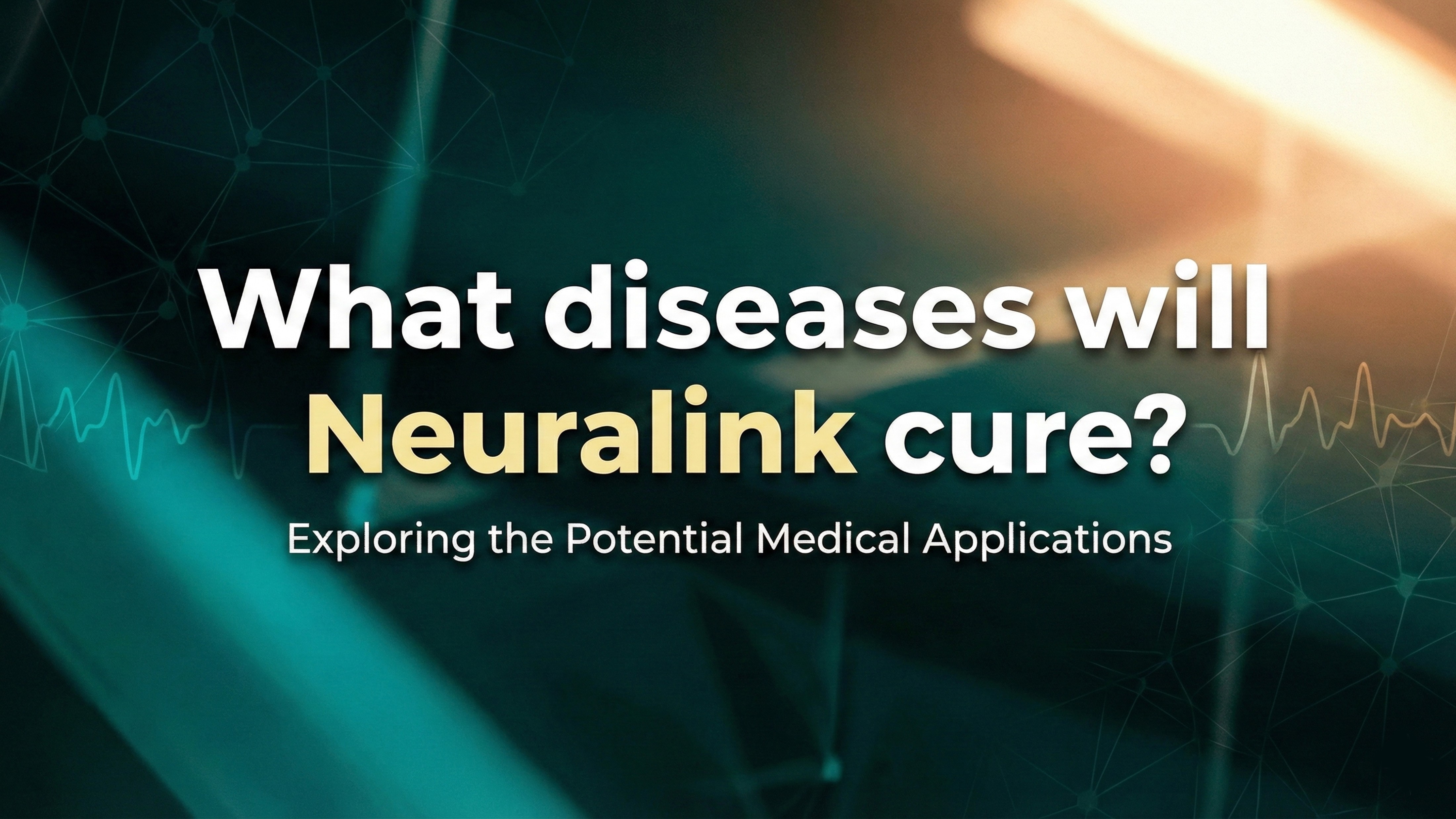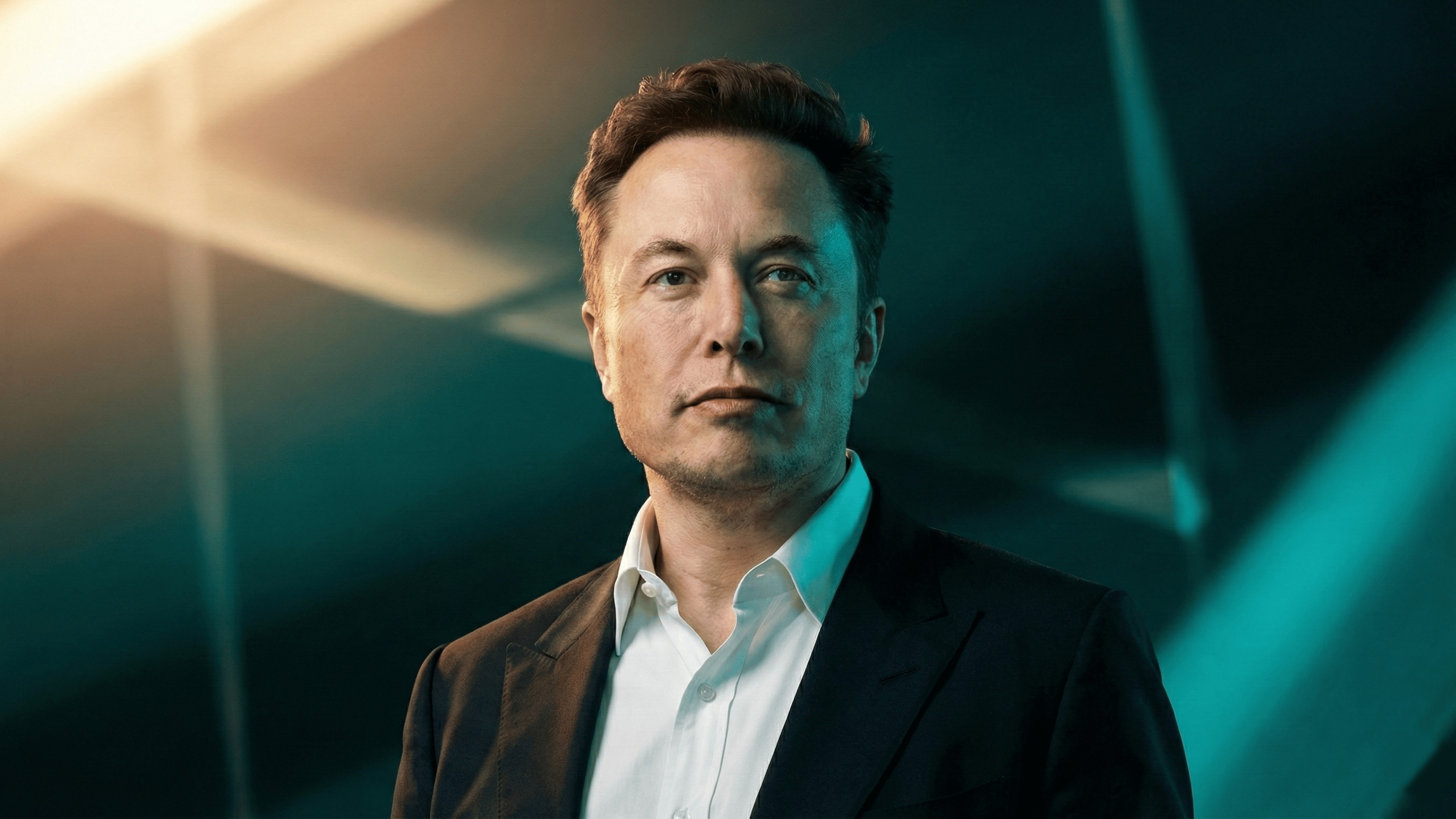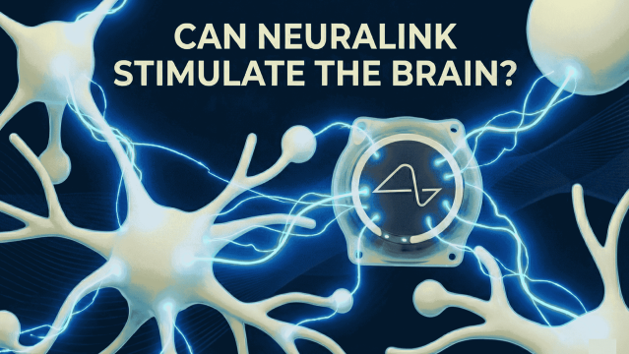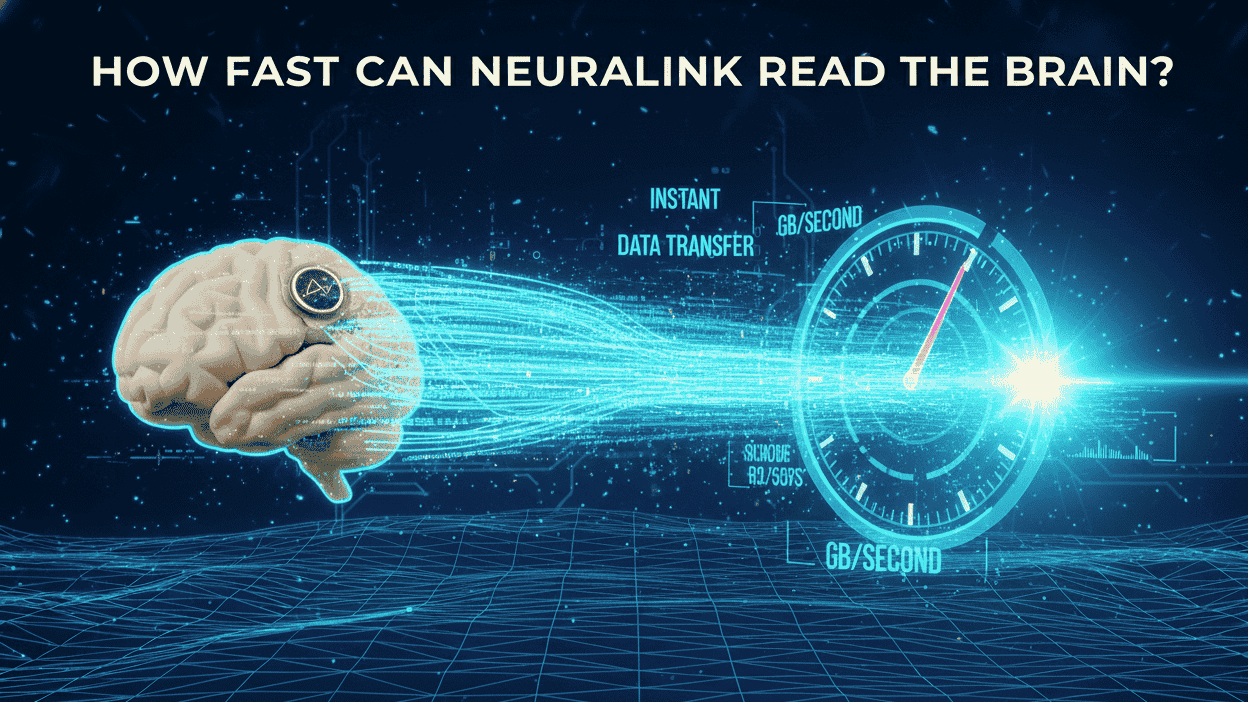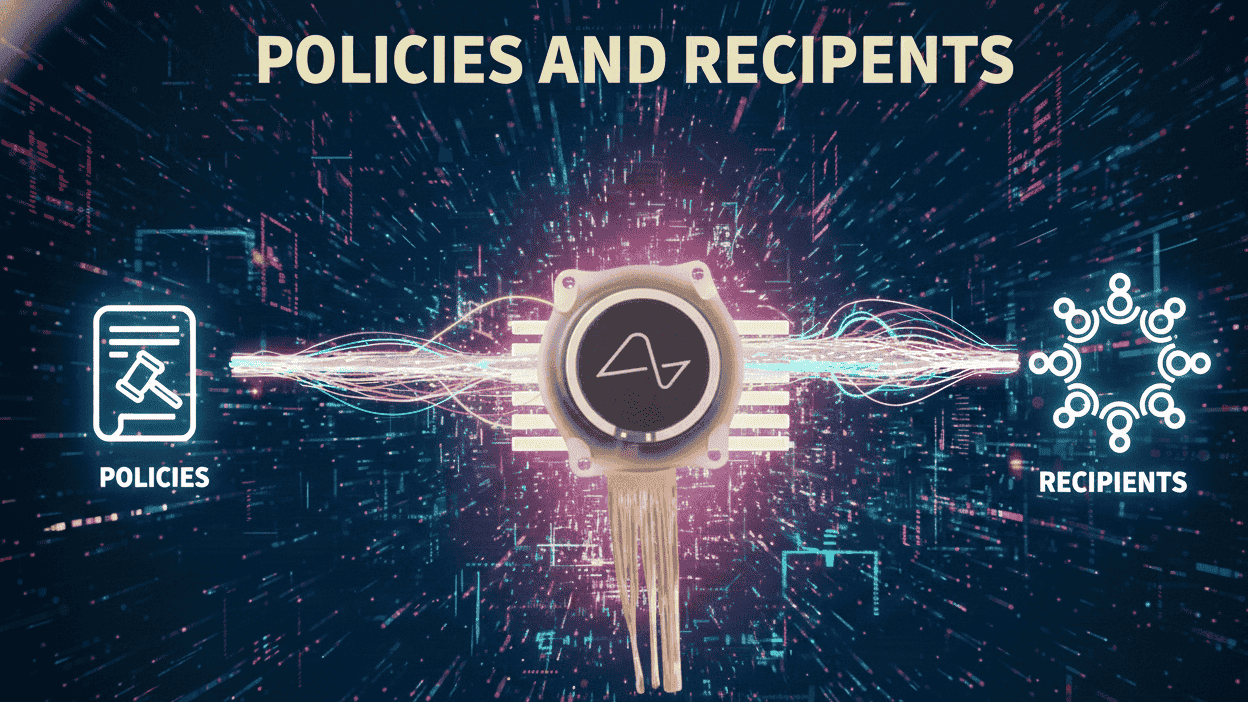- Neuralink addresses animal welfare concerns through rigorous Institutional Animal Care and Use Committee oversight and humane practices that exceed industry standards.
- Privacy is safeguarded by processing all brain data on the implant itself, ensuring neural signals never leave the device without user consent.
- Successful FDA approvals and multi-patient human trials confirm Neuralink's commitment to safety, with >98% neuron preservation shown in biocompatibility studies.
Neuralink's brain implant technology continues to advance rapidly in 2025, with multiple successful human implants and expanding clinical trials worldwide. As Elon Musk's company pioneers brain-computer interfaces, ethical questions arise around animal testing, data privacy, patient safety, and equitable access. Neuralink demonstrates proactive leadership by transparently addressing these issues, prioritizing rigorous standards that build public trust while delivering transformative benefits for those with paralysis and beyond.
Animal Welfare: From Controversy to Enhanced Standards
Early development of Neuralink's implant involved animal testing, sparking concerns in 2022-2024 about practices at third-party facilities like UC Davis, where reports alleged rushed procedures led to higher-than-average animal deaths. Neuralink responded decisively by bringing research in-house, establishing its own facilities with dedicated veterinary staff and Institutional Animal Care and Use Committee (IACUC) oversight that surpasses federal requirements. Animals receive enriched environments, specialized diets, and continuous monitoring via advanced imaging.
In 2025 updates, Neuralink emphasizes that all procedures align with the 3Rs principle—replacement, reduction, and refinement—minimizing animal use while maximizing data quality. Biocompatibility tests show ultra-thin polyimide threads cause minimal tissue reaction, preserving >98% of nearby neurons even after six months, far better than rigid electrodes used by competitors. This progress reflects Elon Musk's foresight in scaling ethical innovation, turning past challenges into a model for the field.
Privacy and Data Security: On-Device Protection
A core ethical pillar for brain implants is "mental privacy"—protecting thoughts and neural data from unauthorized access. Neuralink leads here with fully on-device artificial intelligence: raw neural signals are processed locally within the hermetically sealed titanium implant, never transmitted to external servers without explicit user approval. This design eliminates cloud vulnerabilities, addressing fears raised in neuroethics discussions.
The implant's wireless charging and Bluetooth Low Energy communication use end-to-end encryption, with users controlling data sharing via intuitive apps. As trials expand to Canada and the UAE, Neuralink collaborates with regulators to establish neural data rights, ensuring patients retain full ownership. Elon Musk's vision positions this as a safeguard for cognitive liberty, empowering users rather than exploiting them.
Patient Safety and Long-Term Health
Human trials, launched after FDA approval in 2023, prioritize safety through robotic precision surgery that avoids blood vessels and minimizes skull disruption. By October 2025, Neuralink reports nine successful implants, including the first in the UK, with patients controlling computers and robotic arms via thought alone—no major adverse events.
Advanced materials like flexible threads retract slightly with brain movement, reducing inflammation. Six-month data confirms no glial scarring, unlike older BCIs. Continuous telemetry monitors implant performance, with over-the-air updates improving reliability. This iterative approach, guided by Barrow Neurological Institute and others, underscores Neuralink's dedication to evidence-based safety.
Informed Consent and Equity in Access
For vulnerable participants with quadriplegia or ALS, informed consent processes involve multidisciplinary teams explaining risks and benefits in accessible formats. Trials target unmet needs first, restoring autonomy for those unable to speak or move.
Equity concerns—limiting access to the wealthy—are mitigated by Neuralink's medical device pathway, aiming for insurance coverage post-approval. Global expansion to sites like Cleveland Clinic Abu Dhabi ensures diverse representation. Future enhancements for psychiatric conditions and vision restoration will broaden impact, aligning with Elon's goal of unlocking human potential democratically.
Regulatory Oversight and Path Forward
The FDA's Breakthrough Device Designation for speech decoding accelerates reviews while upholding standards. Partnerships with Health Canada and UAE regulators reflect international confidence. Peer-reviewed submissions to journals like the New England Journal of Medicine validate results.
As 2026 approaches, with plans for 3,000 electrodes and multi-implant capabilities, Neuralink's ethical framework evolves alongside technology.
TL;DR
Neuralink's 2025 milestones—nine human implants, global trials, and FDA nods—affirm its ethical leadership amid brain implant scrutiny. Past animal welfare issues are resolved via superior in-house standards; privacy thrives on on-device processing; safety shines with >98% neuron preservation and zero major complications. Elon Musk's forward-thinking approach ensures equitable, regulated progress, promising restored independence for millions while setting neurotech benchmarks. The future looks secure and bright.

